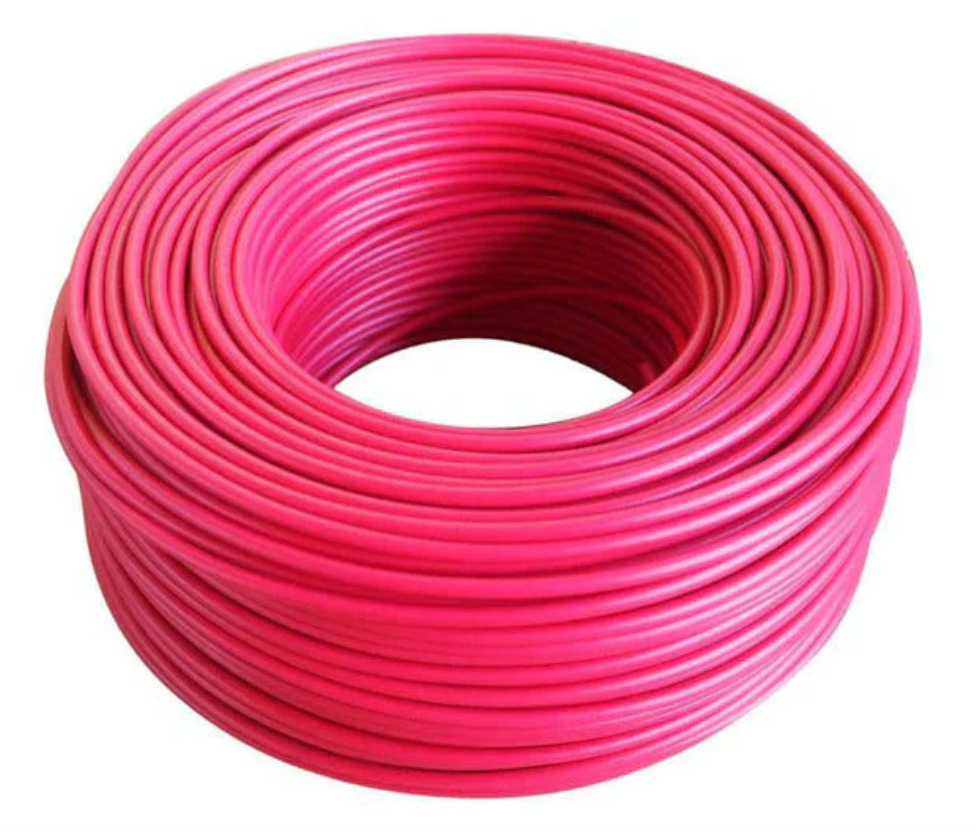In the realm of cables and connections, the debate over whether thicker cables are better than their thinner counterparts has long been a topic of discussion. While some may argue that thinner cables are more convenient due to their flexibility and ease of handling, the undeniable truth is that thicker cables hold a myriad of advantages that make them the superior choice in various applications. In this article, we delve into the reasons why thicker cables reign supreme in connectivity.
- Enhanced Conductivity: One of the primary reasons why thicker cables are better lies in their enhanced conductivity. Thicker cables have a larger cross-sectional area, allowing for a greater flow of electrons and reduced resistance. This results in improved signal transmission and reduced signal loss, making thicker cables ideal for high-performance applications such as audio systems, data centers, and networking infrastructure.
- Reduced Signal Degradation: Thicker cables exhibit lower signal degradation compared to thinner cables, especially over long distances. The increased thickness of the cable helps to minimize signal loss and maintain signal integrity, ensuring that data is transmitted accurately and efficiently. This is crucial in applications where data integrity is paramount, such as in professional audio setups and high-speed data transfer environments.
- Higher Power Handling Capacity: Thicker cables are capable of handling higher power levels without overheating or sustaining damage. The larger conductive core of thicker cables allows for the efficient transmission of power, making them ideal for applications that require high power delivery, such as power distribution systems, industrial machinery, and electric vehicle charging stations.
- Improved Durability and Longevity: Thicker cables are inherently more robust and durable than thinner cables, thanks to their larger diameter and stronger construction. Thicker cables are less prone to damage from bending, stretching, or external factors, ensuring a longer lifespan and reduced maintenance requirements. This makes them a cost-effective choice in the long run, especially in applications where cables are subjected to frequent movement or harsh environments.
- Noise Immunity and Interference Rejection: Thicker cables offer better noise immunity and interference rejection capabilities compared to thinner cables. The increased shielding and insulation provided by thicker cables help to minimize electromagnetic interference (EMI) and radio frequency interference (RFI), ensuring clean and reliable signal transmission in environments with high levels of electrical noise.
In conclusion, the advantages of thicker cables in terms of enhanced conductivity, reduced signal degradation, higher power handling capacity, improved durability, and noise immunity make them the preferred choice for various applications where reliable and efficient connectivity is essential. When it comes to ensuring optimal performance and reliability in your connectivity solutions, opting for thicker cables is undoubtedly the way to go.




More Stories
Smart Dynamic Cycling Helmet with Warning Lights for Real Roads
JK durable OLED screen for phone repair: Troubleshooting "Black Screen" and flex cable connection issues
Reducing Line Losses and Enhancing Efficiency with Sun.King Capacitors for AC Railway Power Networks